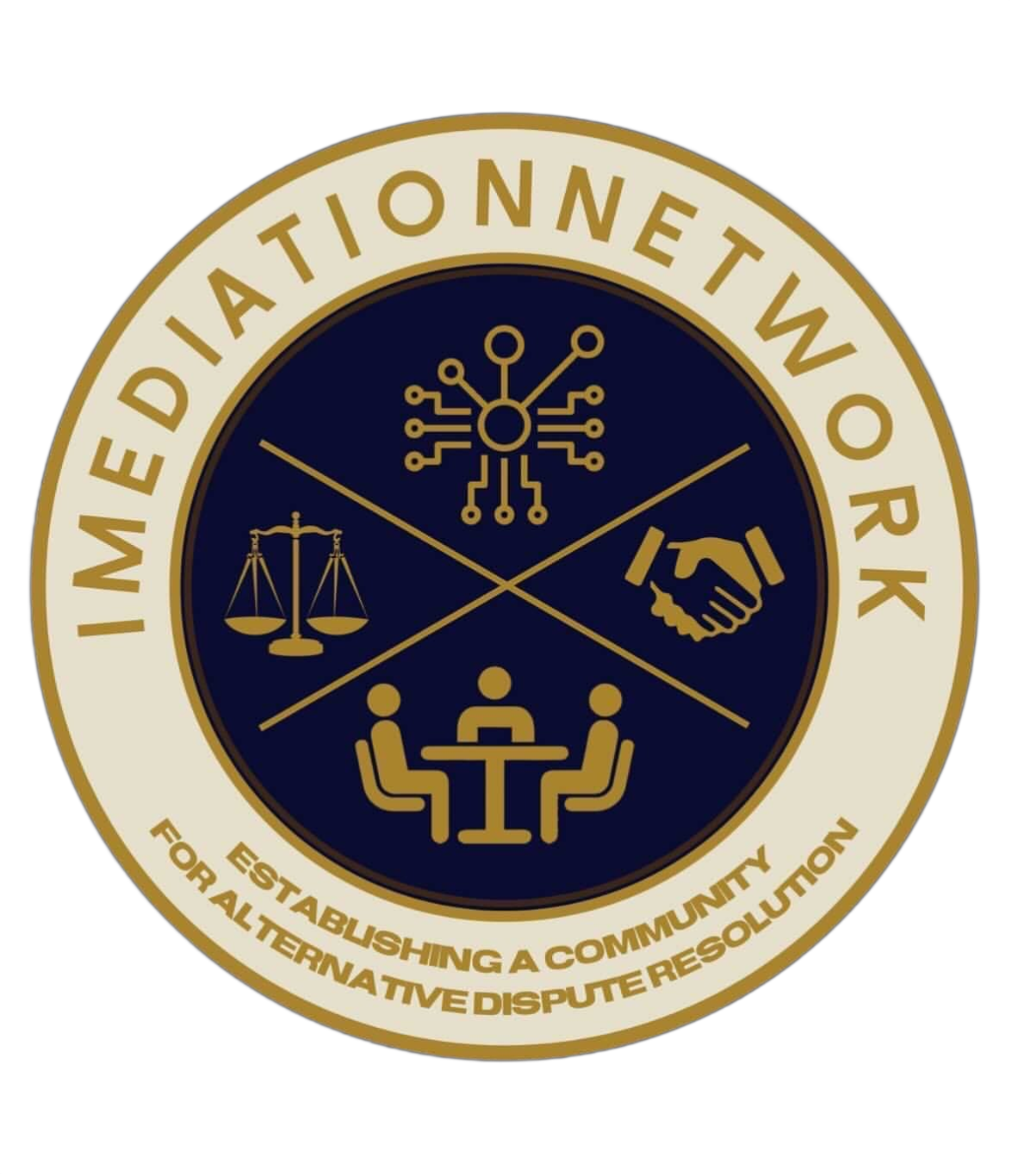
Haiti Is Looking For Peace and Stability (Understanding the Conflict)
The conflict in Haiti has reached a critical juncture, marked by escalating violence, political instability, and a deteriorating humanitarian crisis. Since the assassination of President Jovenel Moïse in July 2021, the nation’s governance has been in disarray, leading to a power vacuum that armed gangs have exploited. These gangs are now controlling significant portions of the capital, Port-au-Prince, imposing their own laws and creating an environment of fear and chaos.
The impact on the Haitian population is devastating. Kidnappings for ransom have surged, basic services have collapsed, and access to food and healthcare is increasingly limited. The United Nations has reported that over 4.9 million people—nearly half of the population—are facing acute hunger, exacerbated by political turmoil and economic challenges.
In response to the crisis, the international community has expressed concern, yet actions have been slow. In late 2022, the UN Security Council approved a resolution allowing for a multinational force to assist the Haitian National Police in restoring order. However, the specifics of this intervention remain unclear, and there are fears about the potential for further violence and the implications of foreign troops on Haitian sovereignty.
Grassroots organizations within Haiti are actively working to provide relief and advocate for peace. They emphasize the need for a comprehensive approach that includes addressing root causes—such as poverty, lack of education, and inadequate governance—rather than just a temporary security solution.
As we watch this tragic situation unfold, it’s crucial for the global community to support local efforts and engage in meaningful dialogue with Haitian leaders. Sustainable solutions must prioritize the voices of Haitians themselves, fostering an environment where democracy can flourish and basic human rights are respected. Only through collaboration and commitment can Haiti hope to rebuild and heal from its profound challenges.
